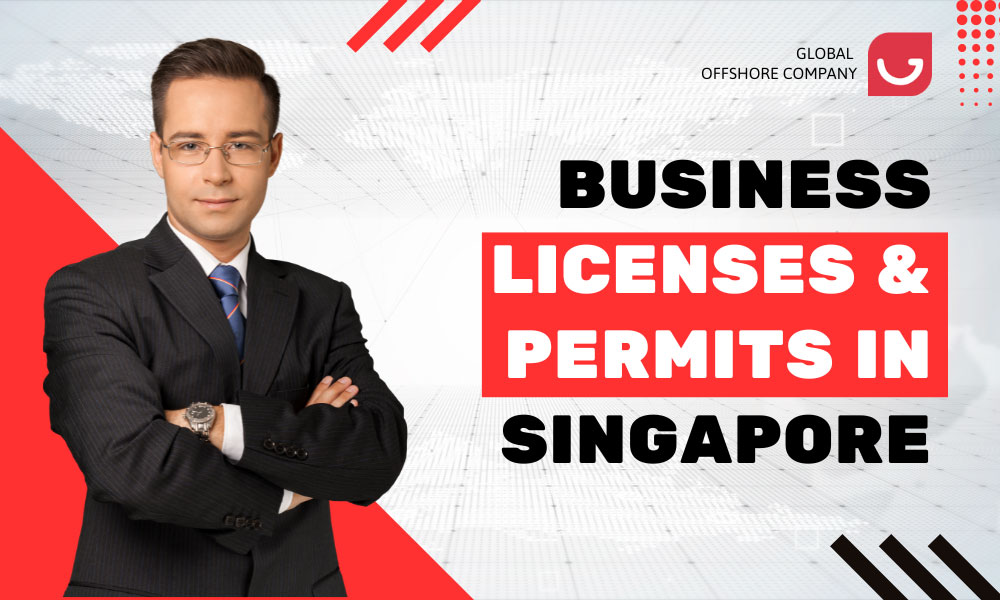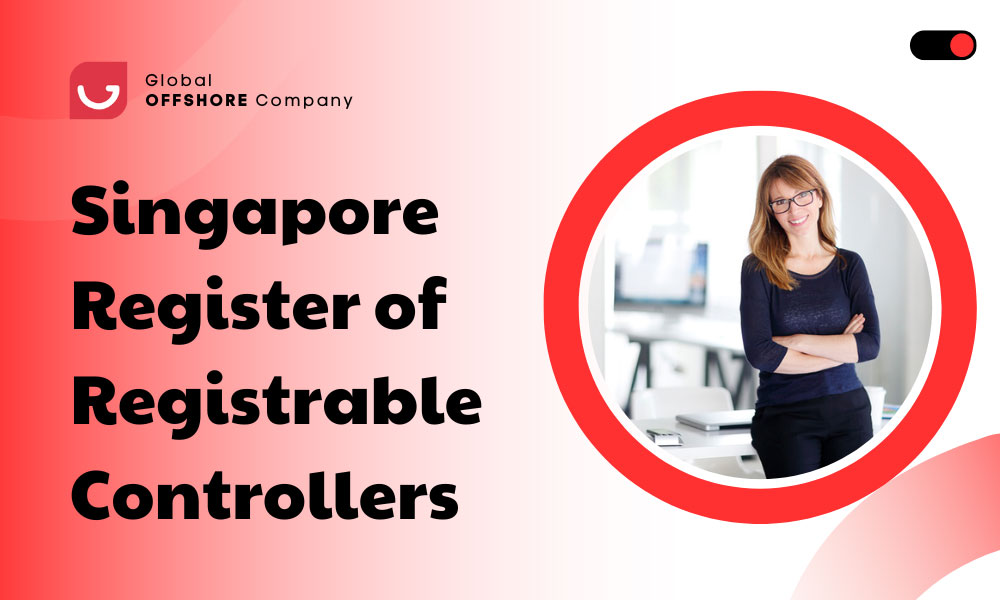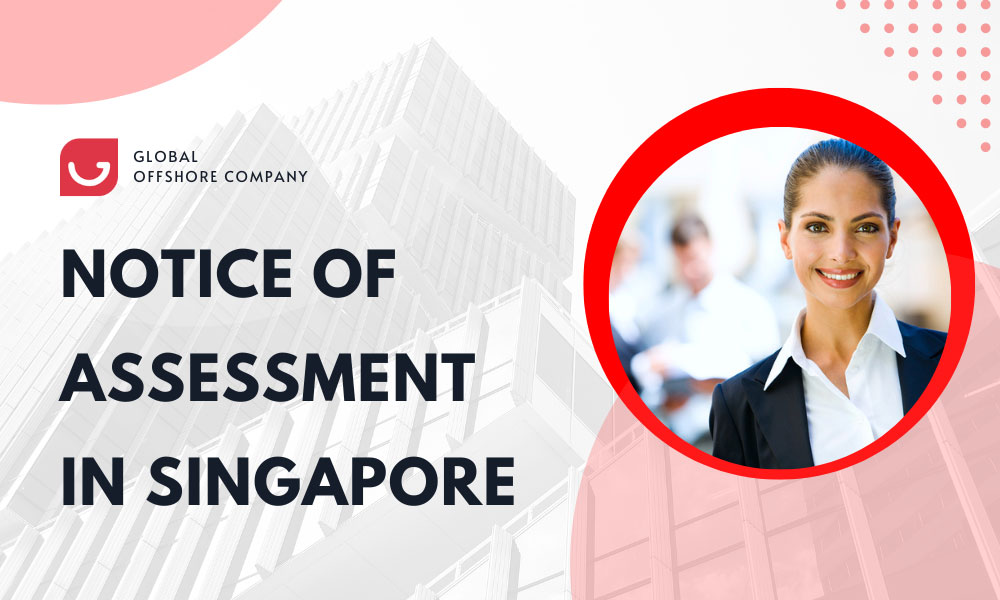Navigating the World of Business Licenses and Permits in Singapore
Are you a business owner eager to learn about the intricacies of business licenses and permits necessary for operating in Singapore? You've found the perfect resource!
While not every business venture in Singapore requires a specific license, certain industries do. These licenses and permits are sanctioned by government agencies and grant permission to operate in a particular sector. But before you dive into the world of licenses and permits, your business must be officially registered with the Accounting and Corporate Regulatory Authority (ACRA).
Industries Requiring Licenses and Permits
As previously mentioned, specific businesses must obtain licenses or permits to ensure their operations comply with regulations. Here's a brief overview of some businesses and their licensing requirements:
1. Retail Shop
- Requirement: Depends on the nature of goods and services provided.
- Requirement: Yes
- Requirement: Yes
4. Hotel
- Requirement: Yes
5. Spa
- Requirement: Yes
- Requirement: Yes
- Requirement: Yes
8. F&B Business
- Requirement: Yes
Starting a Retail Shop
The requirements for obtaining licenses in the retail industry vary depending on the type of goods and services offered. For instance, a supermarket dealing with raw and cooked foods will need a Supermarket License. In contrast, opening a pharmacy will require a retail pharmacy license from the Health Sciences Authority (HSA). Thus, it's crucial to identify your specific retail shop category before applying for the relevant license from the appropriate government agency.
Construction Business
The construction industry comes with one of the most comprehensive sets of license and permit requirements. To embark on a construction venture, you must secure a professional engineering services license. Additionally, the scope of your work may necessitate specific mandatory licenses, such as:
- Permit for Road Occupation Management
- License to Occupy and Operate Scheduled Premises
- Telecommunication Wiring License
- Advertisement License
- General Radio Communication License
- Localized Private Network License
- Localized Radio Communication License
- Wide-area Private Network License
- Non-Residential TV License
- License to Discharge Trade Effluents
These licenses and permits are crucial to ensure compliance, safety, and the successful operation of your construction business in Singapore.
Trading Company
Business Activity Classification: When establishing a trading company, clearly define the nature of your trading activities. Different types of trading may necessitate distinct licenses. For instance, if your trading involves importing and exporting specific goods, you might require additional permits or licenses.
Licenses for Specific Goods: Be aware that certain products and commodities could be subject to additional regulations and licensing requirements. If your trading company deals with controlled goods like tobacco, alcohol, pharmaceuticals, or specific chemicals, you'll need to apply for relevant permits from the government agencies overseeing these products.
Customs Brokerage License: If your trading company intends to provide customs clearance services for other businesses, you might need a Customs Broker License from Singapore Customs.
Intellectual Property Rights: When dealing with intellectual property rights, such as trademarks, patents, or copyrights, consider seeking legal advice to ensure compliance with relevant laws and regulations.
Compliance with Laws and Regulations: Singapore has stringent trade and business operations laws. Ensure your trading company adheres to all relevant regulations, including the Singapore Companies Act, the Singapore Goods and Services Tax (GST) Act, and other industry-specific laws.
Import and Export Procedures: Familiarize yourself with Singapore's import and export procedures, including customs documentation, permits, and licensing requirements for cross-border trading.
Hotel
Hotels in Singapore must acquire a Hotel License, issued under the Hotel Licensing Regulations by the Hotel Licensing Board (HLB). Hotels are subject to various statutory requirements, building codes, fire safety regulations, and health standards stipulated by the authorities.
The HLB classifies hotels into different tiers, ranging from budget to luxury, based on their facilities and services. This classification helps prospective guests gauge the standard of the hotel.
In addition to the Hotel License, hotels may require other permits and licenses, including food establishment licenses, liquor licenses (if serving alcohol), and public entertainment licenses.
Spa
Under the Massage Establishment Act, any establishment offering massage services, such as massages, foot reflexology, manicure treatments, spa baths, or similar treatments, must obtain a Massage Establishment (ME) License.
Two categories of ME Licenses exist: Category I and Category II. Spas often prefer Category I licenses due to more flexible business conditions compared to Category II.
Category I license holders enjoy unrestricted operating hours, the ability to serve alcohol, admit customers of any age, and the option to hire foreign masseuses or therapists.
Employment Agency
Employment agencies operating in Singapore are required to obtain an Employment Agency (EA) License issued by the Ministry of Manpower (MOM). This license grants them legal authorization to provide recruitment and placement services to both employers and job seekers. As part of the licensing process, employment agencies are typically obligated to place a security deposit with the MOM. The specific amount of this security deposit can vary, contingent on the agency's services' type and scope.
Once licensed, these employment agencies must adhere to the regulations outlined in the Employment Agency Act and other pertinent guidelines stipulated by the Ministry of Manpower. Additionally, agencies should prioritize fair employment practices and avoid discriminatory behaviors during their recruitment processes.
Travel Agency
To legally provide travel-related services in Singapore, travel agencies must secure a Travel Agent License issued by the Singapore Tourism Board (STB). This license validates their ability to offer travel services to customers.
In the licensing process, travel agencies often need to meet specific financial requirements, which might include maintaining a designated amount as a security deposit or holding a valid insurance policy to safeguard customers in case of the agency's closure. Although it's not mandatory for obtaining a license, travel agencies often opt to become members of travel industry associations, such as the National Association of Travel Agents Singapore (NATAS), to bolster their credibility and gain access to additional industry resources.
F&B Business
Every food establishment operating in Singapore, including restaurants, cafes, food stalls, and food caterers, is obligated to obtain a Food Shop License issued by the Singapore Food Agency (SFA). This license is a prerequisite for handling and preparing food for sale to the public.
For food and beverage businesses aiming to cater to Muslim customers, obtaining Halal certification from the Islamic Religious Council of Singapore (MUIS) for their food products and premises is advisable.
If a food and beverage establishment intends to serve alcohol on its premises or provide live entertainment, it must apply for both a liquor license and an entertainment license from the Singapore Police Force (SPF). These licenses are essential for legally offering these services within the establishment.
Shipping Business
Operating in the shipping industry in Singapore involves several licenses and permit requirements to ensure compliance with regulations:
Maritime and Port Authority of Singapore (MPA) Approval: The Maritime and Port Authority of Singapore (MPA) serves as the principal regulatory body for shipping operations in Singapore. Depending on the nature of your shipping business, it may necessitate seeking approval or obtaining specific licenses from the MPA.
Harbour Craft License: According to the Harbour Craft Regulations laid out by the Maritime and Port Authority of Singapore (MPA), all vessels employed as harbour craft within the port of Singapore for commercial purposes must possess a valid harbour craft license issued by the MPA.
Ship Registration Certificate: Every vessel intending to transport passengers or cargo must hold a valid Ship Registration Certificate.
Port Limit Manning Licence: It's imperative that all crew members aboard your harbour craft possess a valid Port Limit Manning License, a mandatory requirement. Various categories of Manning Licenses are issued, contingent on the specific roles of the crew members.
Ferry Operator License (if applicable): For businesses operating passenger ferries or other types of passenger vessels, obtaining a Ferry Operator License from the MPA may be necessary.
Event Management
When managing an event management company, you'll encounter specific business license requirements:
Arts Entertainment License: Organizing arts entertainment events, encompassing plays, musical performances, dance shows, art exhibitions, variety shows, and pop/rock concerts, mandates an Arts Entertainment License.
Copyright Permit: Playing or reproducing copyrighted music or videos at any event necessitates a copyright permit.
Public Entertainment License: If your events, excluding arts entertainment events, are open to the public, a public entertainment license is mandatory.
Trade Fair Permit: Organizing trade fairs requires obtaining a trade fair permit.
Animal Exhibition License: Events featuring animal exhibitions or animal performances are subject to an animal exhibition license.
Real Estate Agency
Engaging in real estate agencies or agency work in Singapore mandates holding a valid Estate Agent License issued by the Council for Estate Agencies (CEA).
Publishing Business
For a publishing business, the licensing requirements depend on the types of publications you intend to produce:
Media License: Based on the nature of your publications, you may need to apply for a Media License from the Infocomm Media Development Authority (IMDA). This license covers various media-related activities, including newspapers, magazines, and specific digital content.
International Standard Book Number (ISBN) or International Standard Serial Number (ISSN): If you plan to publish books, journals, or periodicals, registering for an International Standard Book Number (ISBN) or an International Standard Serial Number (ISSN) is essential. These unique identifiers play a critical role in cataloging and distribution.
Final Thoughts
In the vibrant business landscape of Singapore, a fundamental aspect that every entrepreneur must grasp is the intricate world of business licensing and permits. These regulatory requirements are not mere formalities but the cornerstone upon which a business can build a thriving and legitimate presence in the market.
Why Compliance Matters
First and foremost, adherence to Singapore's specific licensing regulations is not just a legal obligation; it's a mark of credibility and trust. It assures consumers, partners, and investors that your business operates within the bounds of the law, fostering confidence in your products or services.
Navigating Varied Industries
As we've explored, different industries have distinct licensing and permit prerequisites. From the dynamic realm of trading to the intricacies of real estate transactions and the diverse landscape of publishing, understanding the precise licensing needs is crucial.
Staying Ahead in a Dynamic Environment
Singapore's regulatory framework is not static; it evolves to meet the demands of a dynamic global market. Thus, staying informed about the latest developments can be a competitive advantage. This not only helps you avoid legal pitfalls but also positions your business as forward-thinking and adaptable.
Seeking Professional Guidance
While the journey of obtaining licenses and permits might seem daunting, it's not one you need to embark on alone. Engaging with professional consultants or legal advisors such as Global Offshore Company who specialize in Singapore's regulatory landscape can be invaluable. Their expertise allows you to navigate complexities effectively and make informed decisions, laying the groundwork for sustainable growth and lasting success. Contact Global Offshore experienced consultants today !
In conclusion, understanding and complying with Singapore's business licensing requirements is not just a legal necessity; it's the key to unlocking opportunities in one of the world's most thriving business environments. Embracing these requirements not only ensures legal legitimacy but also sets the stage for trust, credibility, and growth. So, whether you're venturing into trading, real estate, publishing, or any other industry, remember that compliance is not just a formality—it's your ticket to success in Singapore's bustling business arena..
Disclaimer:
This article is for informational purposes only and does not constitute legal advice. Consult legal and financial experts for specific guidance tailored to your business needs.










